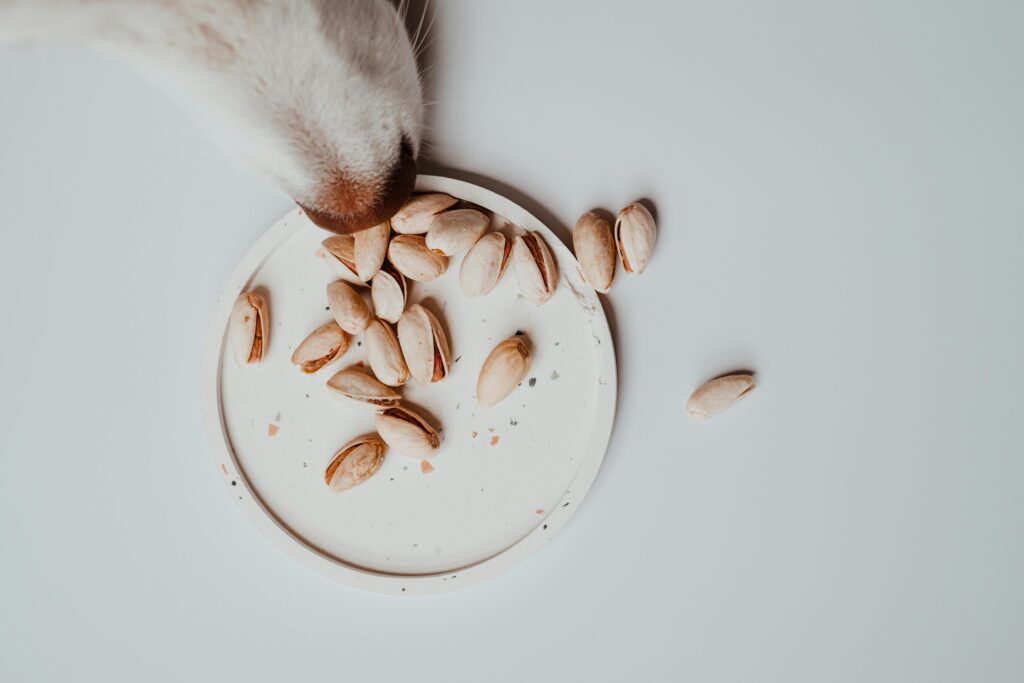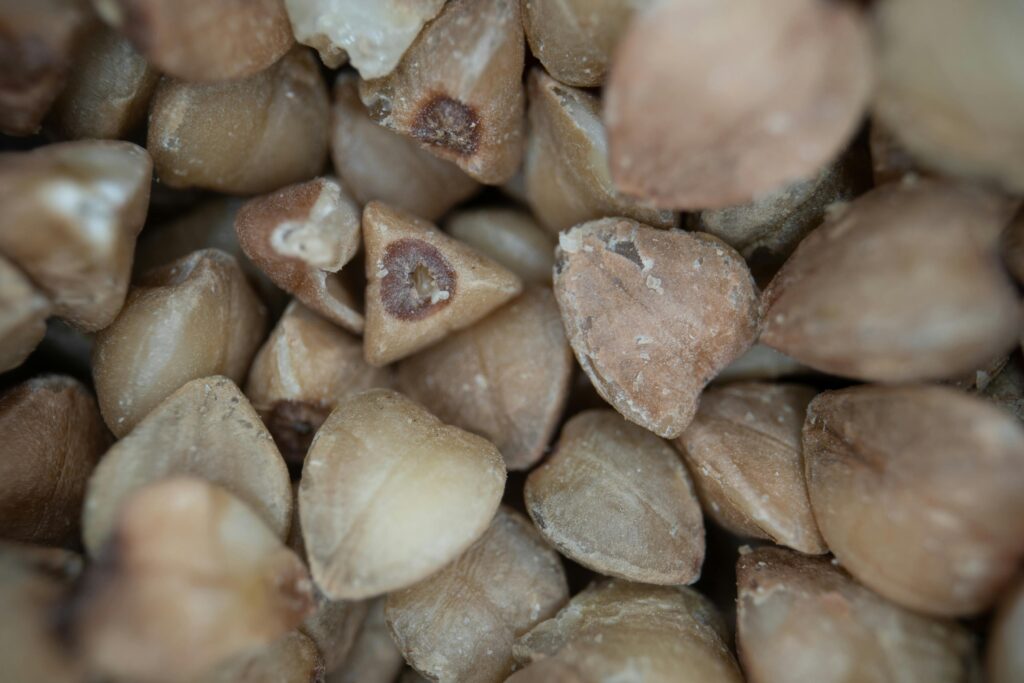The Diet of a Dog: Essentials for a Happy and Healthy Canine
Knowing about food is important for dog health and well-being. One of the sources of energy for dogs, like humans, is food. They need to consume a balanced diet for physical and long life. Today we will discuss dog food. Let’s go around.
Understanding Nutritional Requirements
Dogs are omnivores, meaning they can eat a variety of foods, including meat, vegetables, and grains. However, their diet should be primarily composed of high-quality protein sources. Key nutritional components of a dog’s diet include:
- Proteins: Essential for muscle development and repair, proteins are the building blocks of a dog’s body. Chicken, beef, lamb, and fish are high in protein, which can meet this protein requirement.
- Fats: Fats provide energy and are necessary for absorbing fat-soluble vitamins, which keep a dog’s coat shiny and skin healthy. Essential fats are found in fish oil, chicken fat, and flaxseed oil.
- Carbohydrates: While not essential, carbohydrates can provide energy and aid in digestive health. Whole grains, vegetables, and fruits are good for providing carbohydrates.
- Vitamins and Minerals: These are essential for many bodily functions. For example, calcium and phosphorus help keep bones strong, while vitamin “A” improves eyesight. Protects against blindness. Vitamin “D” regulates the concentration of calcium and phosphate in the blood. Vitamin E is very important for immunity.
- Water: Often overlooked, water is vital for all bodily functions. Dogs should always have access to clean, fresh water.
Types of Dog Food

Dog food can be broadly categorized into dry food, wet food, and raw food diets.
- Dry Food (Kibble): Convenient and cost-effective, kibble is popular among pet owners. We all know how good dry food is for dogs. Most importantly, it helps to strengthen your dog’s gums and teeth. We will always use high-quality dry food keeping the quality standard.
- Wet Food: Higher in moisture content, wet food is often more palatable to dogs. This food is for dogs that have dental problems have difficulty chewing food or do not drink enough water. However, it tends to be more expensive and has a shorter shelf life once opened.
- Raw Food Diet: Some pet owners prefer a raw food diet, believing it to be more natural and closer to what a dog would eat in the wild. You can eat raw meat, bones, fruits and vegetables. Although this food is nutritious, it is very dangerous for dogs. It can contain germs like bacteria if it is raw food. So be careful and feed the dog.
Special Dietary Needs
Certain dogs have specific dietary needs based on their age, size, breed, or health conditions.
- Puppies: Require more protein, fats, and certain minerals to support their rapid growth and development.
- Senior Dogs: May need lower-calorie diets to prevent obesity, along with joint supplements like glucosamine and chondroitin.
- Breed-Specific Needs: Some breeds are prone to certain health issues that can be managed with diet. For example, large breeds might benefit from diets that support joint health.
- Health Conditions: Dogs with conditions such as diabetes, kidney disease, or allergies may require specialized diets. Always consult a veterinarian for dietary recommendations for dogs with health issues.
Treats and Supplements
Treats can be a great way to reward your dog and reinforce positive behavior. However, they should be given in moderation to avoid obesity. Opt for healthy treats like small pieces of cooked meat, vegetables, or specially formulated dog treats.
We may use Supplements for certain dogs such as those with health problems or nutritional deficiencies. Common ones we can use are fish oil for omega-3 fatty acids, glucosamine for joint health and probiotics for digestive health. Always consult a veterinarian before adding supplements to your dog’s diet.
Common Feeding Mistakes
- Overfeeding: One of the most common mistakes is overfeeding, which can lead to obesity and related health issues.
- Feeding Table Scraps: Human food can be harmful to dogs. Foods like chocolate, onions, garlic, grapes, and certain artificial sweeteners are toxic to dogs.
- Inconsistent Feeding Times: Dogs thrive on routine, so try to feed them at the same times each day.




